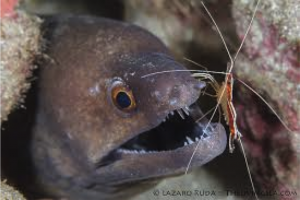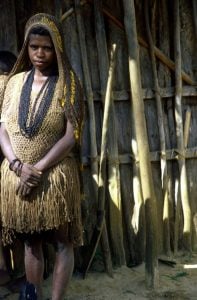Friends, colleagues, please join us for the latest seminar in the Deakin Anthropology Seminar Series 2017, presented by Cris Shore, of the University of Auckland. (See below for a description of Cris’ research.) The seminar will be followed by drinks at The Edge, 6/8 Eastern Beach Rd, Geelong.
Date: Thursday 27th April
Time: 4:00-5:30pm
Location: Deakin Waterfront AD1.122
(Also: Burwood C2.05; Melbourne Corporate Center, enquire at desk; VMP 39384)
Symbiotic or Parasitic? Universities, Academic Capitalism and the Global Knowledge Economy

The health of social anthropology as a discipline has long been connected to its position as a university-based subject. However, changes in the political economy of higher education, including cuts in public spending, rising student fees, the privileging of STEM subjects over the arts and humanities, and the proliferation of new regimes of audit and accountability, pose challenges for social sciences as well as the university itself. In countries such as Britain, Australia and New Zealand, academics are being urged to be more entrepreneurial, to focus on ‘impact’, and to engage proactively with business and finance in order to create a more commercially-oriented ‘innovation ecosystem’. The idea of forging a ‘triple helix’ of university-industry-government relations has become part of the new common sense that now drives government policies for higher education. But how positive is this supposed symbiosis between universities and external financial interests? What are the costs and benefits of this collaboration? And what are the implications for the future of the public university?
Biography:
Cris Shore is Professor of Anthropology at the University of Auckland. His main research interests lie in the interface between anthropology and politics, particularly the Anthropology of Policy, Europe, and the ethnography of organisations. He was founding editor of the journal Anthropology in Action and is a founder member (and co-President) of the Association for the Anthropology of Policy, a Section of the American Anthropological Association. His published work covers a range of issues of anthropological, theoretical and public policy interest including the European Union, the State, elites, corruption, ‘audit culture’ and higher education reform. He currently leads two projects: an EU Centres Network study of the effects of austerity in the Eurozone, and a Royal Society of New Zealand-funded project on ‘The Crown and Constitutional Reform in New Zealand and Other Commonwealth Countries’. His most recent book, co-edited with Susan Wright, is Death of the Public University? Uncertain Futures for Universities in the Knowledge Economy (Oxford: Berghahn Press, 2017).

